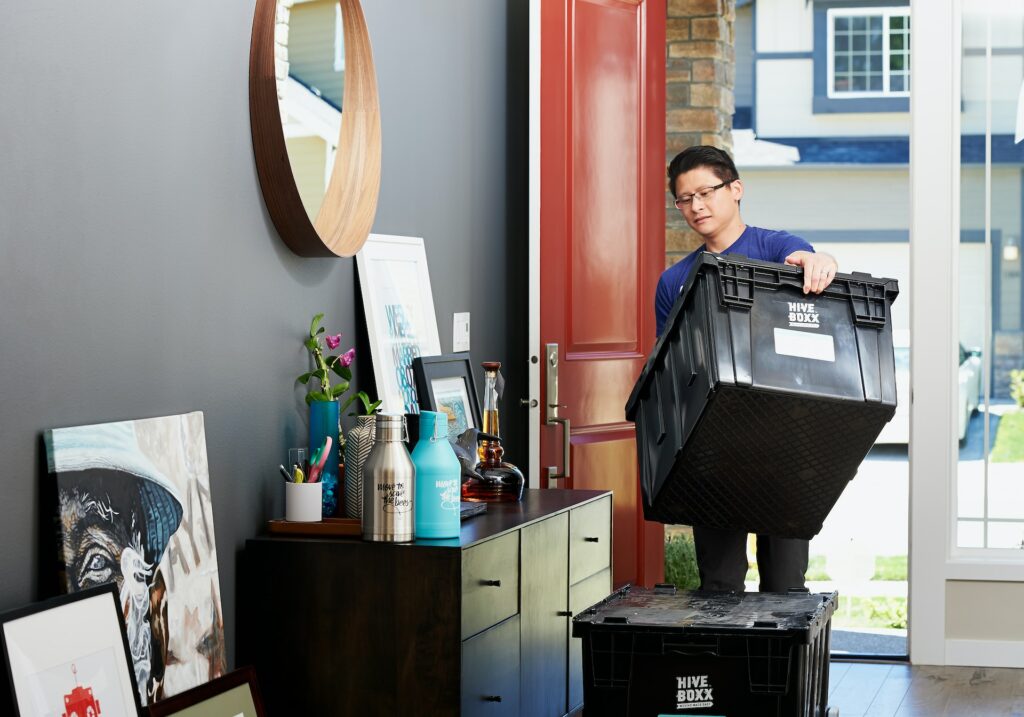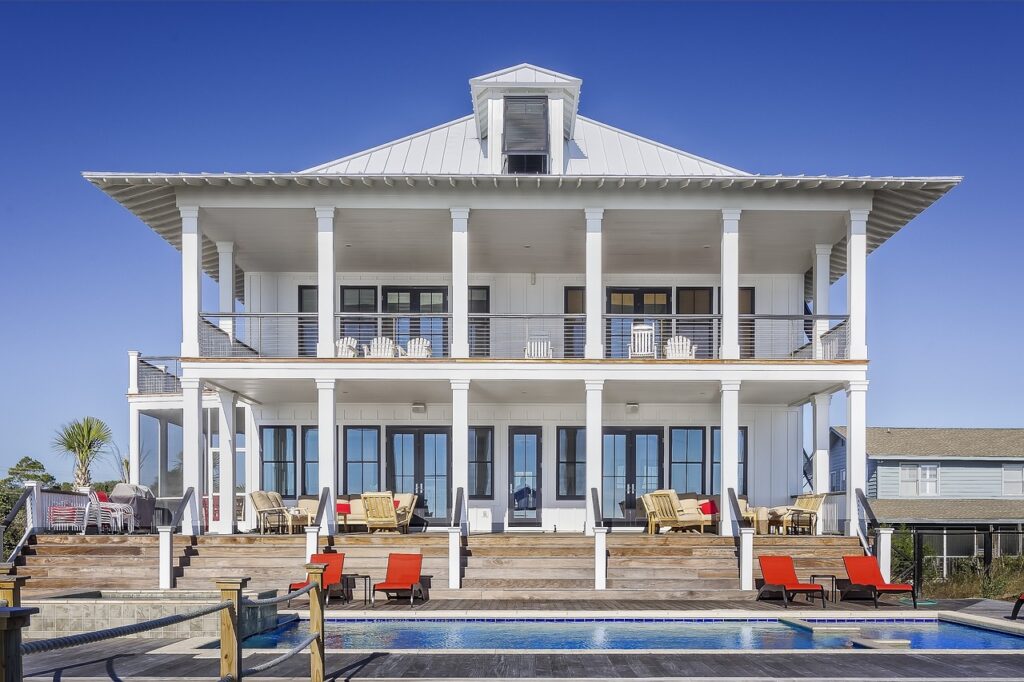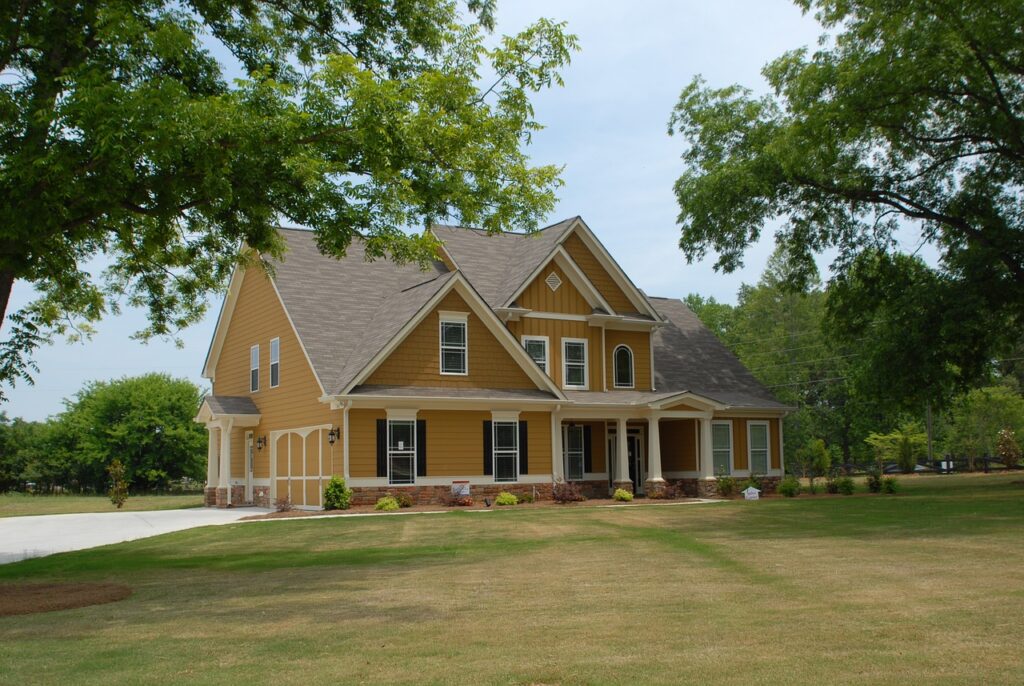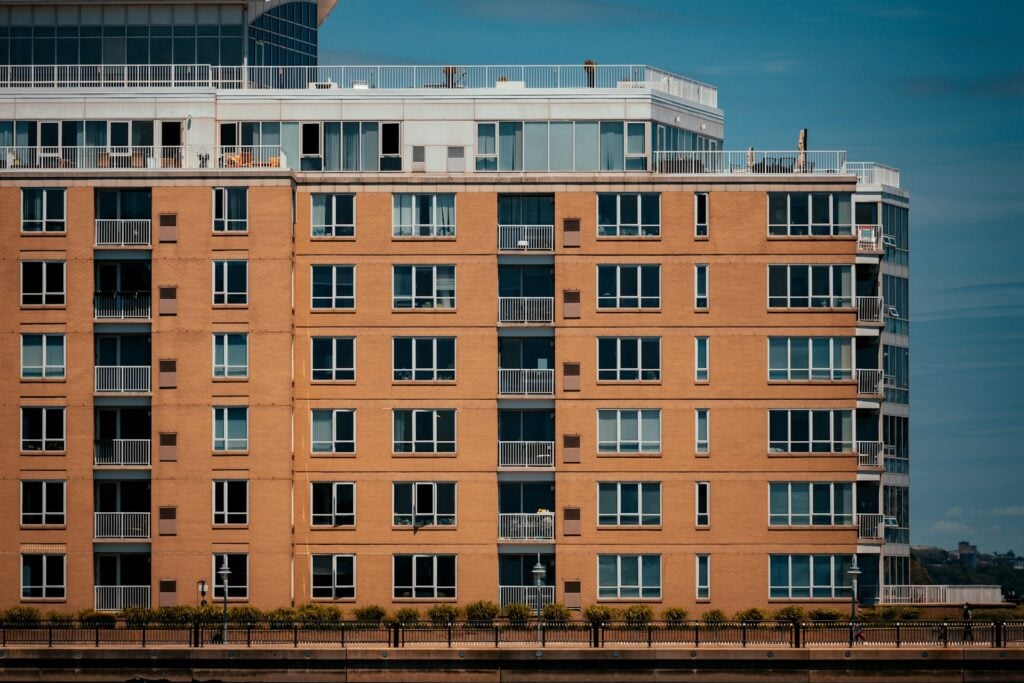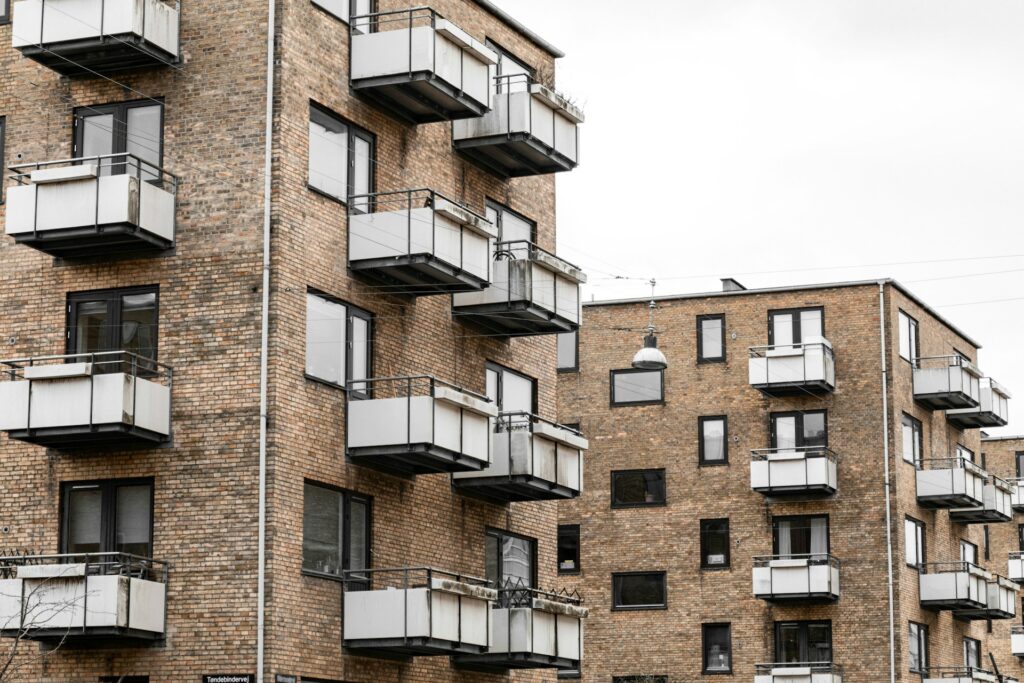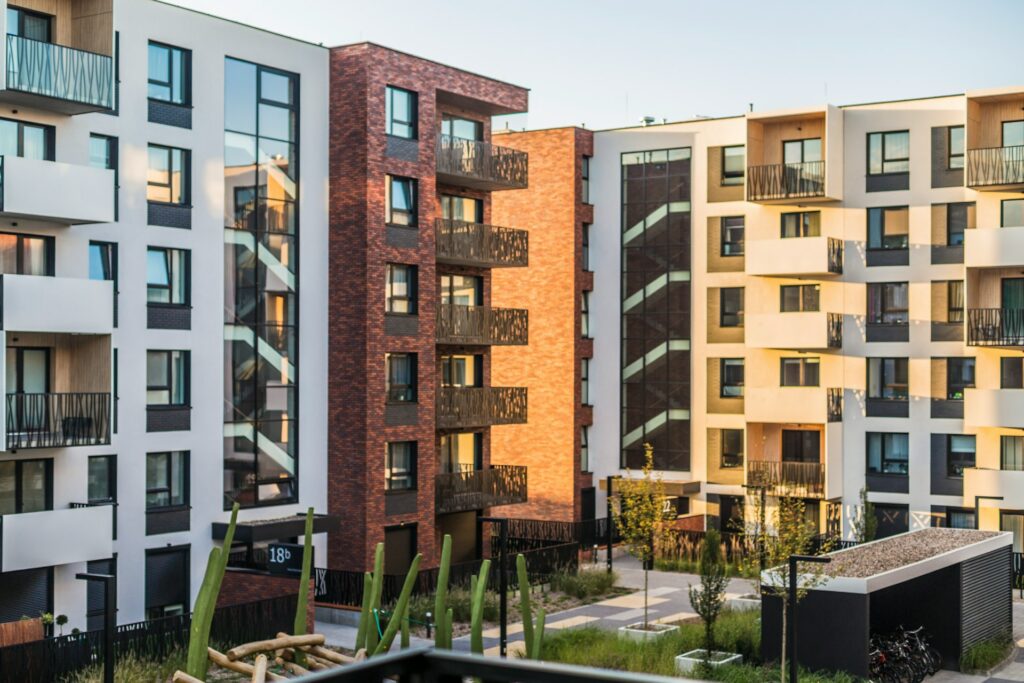Question: Is Buying a Condo More Expensive Than a House? Answer: It depends on factors like location, size, and amenities. Condos may have lower upfront costs but higher ongoing fees compared to houses. Comparing the Costs: Houses vs Condos Should you opt for the sprawling independence of a house, or the convenient community of a […]
Question: What are the Pros and Cons of Owning a Condo in Ontario? Answer: Pros include amenities, lower maintenance, and potentially lower costs. Cons may include restrictions, fees, and potential conflicts with neighbors. Ontario Condo Life: The Good, The Bad, and The Reality For many in Ontario, condo ownership presents a tempting path to homeownership. […]
Question: Are Condos Good Starter Homes? Answer: Condos can be good starter homes due to their lower maintenance and affordability compared to single-family houses. Are Condos a Steppingstone or Stumbling Block? For first-time homebuyers, navigating the housing market can feel like traversing an uncharted map. One option that often sparks debate is the condo – […]
Question: Do Old Condos Lose Value? Answer: Old condos can lose value over time due to wear and tear, outdated features, and market preferences. Understanding Value in Older Condo Buildings Many prospective buyers ask: “Do older condos lose value?” The answer is not simple. Understanding the various factors that influence condo value helps you make […]
Question: Is Condo Living Cheaper? Answer: Condo living may be cheaper due to shared expenses, but costs vary based on factors like location, size, and amenities. Exploring the Cost of Condo Ownership For many people, living in a condo offers an attractive lifestyle. It often provides convenience, a sense of security, and access to desirable […]
Question: What Adds the Most Value to a Condo? Answer: Things that add the most value to a condo include factors like location, amenities, upgrades, and a well-maintained building contribute significantly to a condo’s value. Boosting Your Condo’s Market Appeal and Worth For condo owners, increasing value involves more than just making the space look […]
Question: Is it Better to Buy an Old Condo or a New Condo? Answer: Whether or not it is better to buy an old condo or a new condo depends on preferences and budget. New condos may offer modern amenities, while older condos might have lower prices and established communities. Choosing Between a New or […]
Question: Are Condo Fees on Top of a Mortgage? Answer: Yes, condo fees are separate from mortgage payments and cover maintenance, amenities, and shared expenses. Condo Costs Beyond the Mortgage Owning a condo appeals to many people. It offers a mix of community, convenience, and investment potential. However, understanding all costs can be complex. Many […]
Question: Is Living in a Condo Safer Than a House? Answer: Condos may offer security features and proximity to neighbors, potentially enhancing safety compared to standalone houses. Condo vs. House: Which Offers More Security? Choosing a place to call home involves many important decisions. Safety often ranks high on that list. While many people think […]
Question: What is the Difference Between Apartment and Condo? Answer: You rent an apartment, but you own a condo. While condos might offer more amenities, they also require you to pay maintenance fees. Condos vs Apartments Choosing your ideal living space can be an exhilarating yet challenging endeavor, especially when navigating the diverse array of […]
Question: What is the Lifespan of a Condominium? Answer: The lifespan of a condominium varies but can exceed 100 years with proper maintenance and management. The Lifespan of Your Condo Investment Beyond the immediate comforts and conveniences of condominium living, a fundamental question arises for owners and potential buyers alike: how long can a condo […]
Question: Is a Condo a Good Investment in Canada? Answer: Condos can be a good investment in Canada, offering potential rental income, appreciation, and lifestyle benefits, but research and due diligence are essential. The Investment Potential of Canadian Condos For aspiring investors, an important question lingers: is a condo a sound investment, or a potential […]
Question: Do Condos Have Good Resale Value? Answer: Condos can have good resale value depending on location, amenities, market conditions, and maintenance, making them attractive for investors and homeowners. The Resale Potential of Condos Condo living boasts undeniable appeal: convenience, security, and often, access to enticing amenities. But for many, the ultimate question lingers: will […]
Question: Are Presale Condos Cheaper? Answer: Presale condos can be cheaper as developers offer incentives, but prices may rise as construction progresses, presenting potential investment opportunities. The Cost of Presale Condos The appeal of purchasing a presale condo is strong: the allure of a brand-new unit, modern amenities, and the opportunity to potentially secure a […]
Question: Are Older Condos a Good Investment? Answer: Older condos can be a good investment if well-maintained and in a desirable location, offering potentially lower purchase prices and established communities. The Vintage Appeal and Potential Pitfalls The prospect of condo living, with its promise of convenience and community, is appealing to many. For buyers mindful […]
Question: What Do Most Condo Fees Include? Answer: Condo fees typically include maintenance of common areas, amenities, utilities for shared spaces, insurance, management fees, and reserve funds for future repairs. Condo Fees: What’s Included in the Bill Condo living offers many advantages. These include convenience, security, and appealing amenities. However, condo […]
Question: What is the Downside of a Condo? Answer: Downsides of a condo include potential for higher monthly fees, limited control over property decisions, shared amenities with other residents, possible restrictions on renovations, and potential for special assessments to cover building maintenance or repairs. The Other Side of Condo Living Condo life often entices with […]
Question: Are Condo Fees Worth it? Answer: Whether or not condo fees are worth it depends on several factos. Condo fees cover maintenance, amenities, and communal services, offering convenience and shared responsibility but vary in value based on individual needs and management. The Value (or Burden) of Shared Living For many urban dwellers, condominiums offer […]
Question: What is the Definition of a Condo? Answer: The definition of a condo is a type of housing where a person owns a specific unit within a larger complex or building. Condo Meaning in Canada – Owning a Piece of the Pie The bustling real estate market offers a diverse range of options for […]
Question: What Does No Escape Clause Mean? Answer: No escape clause means a contract has no provision allowing a party to legally withdraw from the agreement under specific conditions. All parties are bound to fulfill the contract’s terms or face potential legal penalties for a breach. Real Estate Agreements Without an Escape Clause You found […]
Question: What Clauses Survive Termination of an Agreement? Answer: Clauses governing post-termination rights and obligations typically survive termination of an agreement. These often include confidentiality, indemnification, limitation of liability, governing law, and dispute resolution. Their purpose is to manage responsibilities and protect the parties even after the main contractual relationship has ended. Which Contract Terms […]
Question: What is the Difference Between Escape Clause and Excess Clause? Answer: An escape clause voids the policy if other valid insurance exists. An excess clause makes the policy pay only after the other insurance policy’s limits are exhausted, providing secondary coverage. Escape vs Excess Clauses in Real Estate Real estate transactions involve detailed contracts. […]
Question: Can You Get Out of a Contingent Contract? Answer: Yes, you can get out of a contingent contract if the specific conditions (contingencies) in the agreement are not met within the designated timeframe. For instance, a failed home inspection or inability to secure financing allows the protected party to terminate the contract, often without […]
Question: Can a Seller Get Out of a Conditional Offer? Answer: A seller cannot unilaterally back out of a conditional offer. Once accepted, a conditional offer is a legally binding contract. The seller is committed unless the buyer fails to meet their conditions by the deadline, or if a specific clause in the agreement, such […]
Question: What Happens if You Cannot Close on a House in Ontario? Answer: If you cannot close on a house in Ontario, you are in breach of contract. You will likely forfeit your deposit and can be sued by the seller for damages, including any loss in value if the property sells for less, plus […]
Question: What Does SC Escape Clause Mean? Answer: “SC” escape clause means that a buyer is allowed to make an offer contingent on the sale of their own property. The SC Escape Clause in Real Estate You are navigating a real estate transaction. You hear the term “SC escape clause” and wonder about its meaning. […]
Question: Where Is the Safest and Least Expensive Place to Retire? Answer: Within Canada some of the safest and least expensive places to retire include regions like Quebec and the Maritimes. These areas offer a great balance of safety and affordability, letting you keep provincial health care. Internationally, countries like Portugal are popular but require […]
Question: Does Canada Have Subsidized Housing for Seniors? Answer: Yes, Canada has subsidized housing for seniors through provincial and municipal programs. Canada offers rent-geared-to-income housing for eligible low-income seniors. These units are often in dedicated seniors’ buildings and typically have long waitlists due to high demand. Affordable Housing Options for Older Adults Many older adults […]


